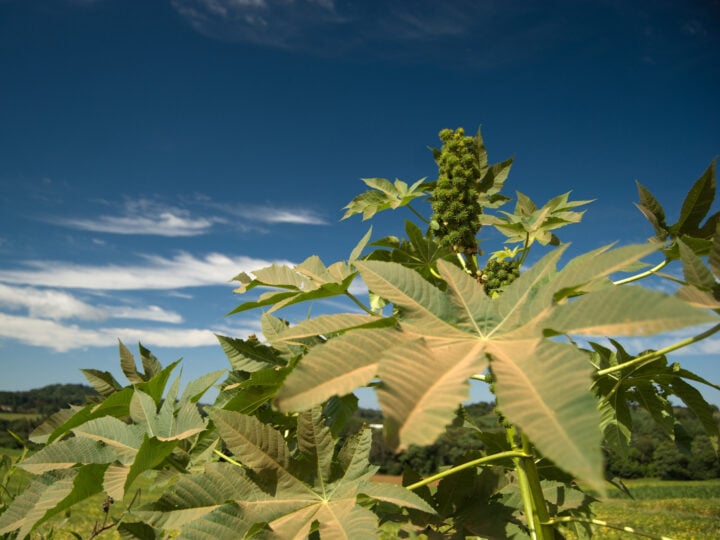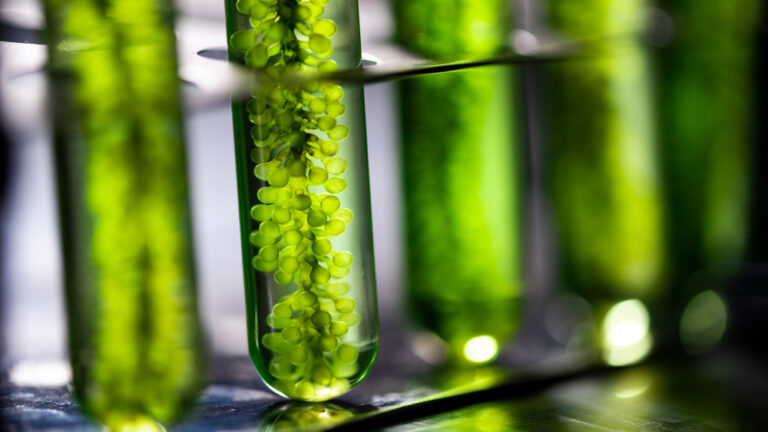As Americans prepare millions of turkeys for their Thanksgiving dinner on Thursday, Israeli researchers have publicized findings from a study suggesting that turkey, chicken and other poultry droppings may have a future as a biofuel.
The treated poultry excrement, when converted into combustible solid biomass fuel, could replace approximately 10 percent of the coal currently used in electricity generation, reducing greenhouse gases and providing an alternative energy source, according to Ben-Gurion University of the Negev (BGU) researchers.
While biomass accounts for 73% of renewable energy production worldwide, crops grown for energy production burden land, water and fertilizer resources.
According to the researchers, “Environmentally safe disposal of poultry excrement has become a significant problem. Converting poultry waste to solid fuel, a less resource-intensive, renewable energy source, is an environmentally superior alternative that also reduces reliance on fossil fuels.”
In the study posted online in Applied Energy on November 10, 2017, researchers at the Zuckerberg Institute for Water Research at BGU evaluated two biofuels – biochar and hydrochar — made from poultry waste to determine which is more efficient as a solid fuel.
Biochar is produced by slow heating the biomass at 450°C (842°F) in an oxygen-free furnace. Hydrochar is produced by heating wet biomass to a much lower temperature of up to 250°C under pressure using a process called hydrothermal carbonization (HTC). HTC mimics natural coal formation within several hours.
“We found that poultry waste processed as hydrochar produced 24 percent higher net energy generation,” said PhD student Vivian Mau, who carried out the research project under the supervision of Prof. Amit Gross, chair of the department of environmental hydrology and microbiology at BGU’s Zuckerberg Institute for Water Research.
“Poultry waste hydrochar generates heat at high temperatures and combusts in a similar manner to coal, an important factor in replacing it as a renewable energy source,” she said.

For the first time, the researchers also showed that higher HTC production temperatures resulted in a significant reduction in emissions of methane (CH4) and ammonia (NH3) and an increase of carbon dioxide and carbon monoxide.
“This investigation helped in bridging the gap between hydrochar being considered as a potential energy source toward the development of an alternative renewable fuel,” Gross explained.
“Our findings could help significantly reduce greenhouse gas emissions associated with electricity generation and agricultural wastes. Field-scale experiments with HTC reactor should be conducted to confirm the assessments from this laboratory-scale study.”
The study was funded by the Israeli Ministry of Environmental Protection and the Rosenzweig-Coopersmith Foundation. Mau also received financial support from the Israeli Ministry of National Infrastructures, Energy and Water Resources, the Rieger Foundation and the Zuckerberg Scholarship Fund.
The Zuckerberg Institute for Water Research in the university’s Jacob Blaustein Institutes for Desert Research in Sde Boker conducts interdisciplinary research and graduate education in water sciences, aimed at improving human well-being through technologies and policies for sustainable use of water resources.
















